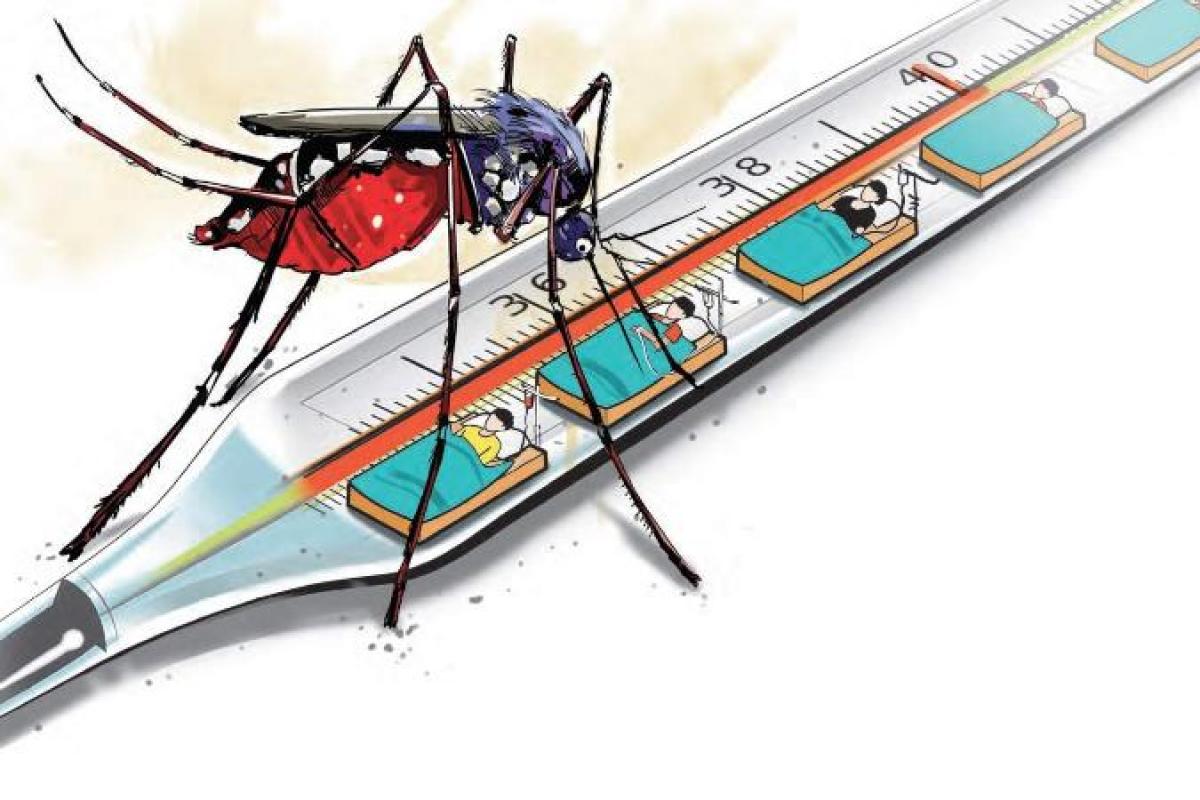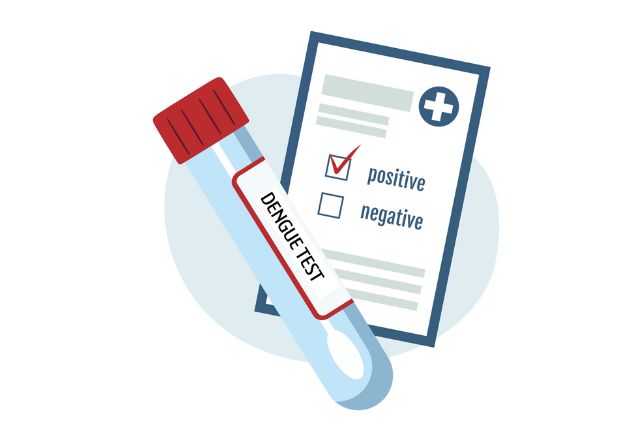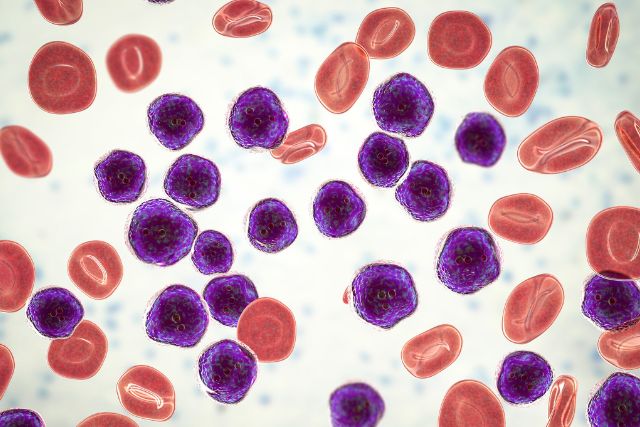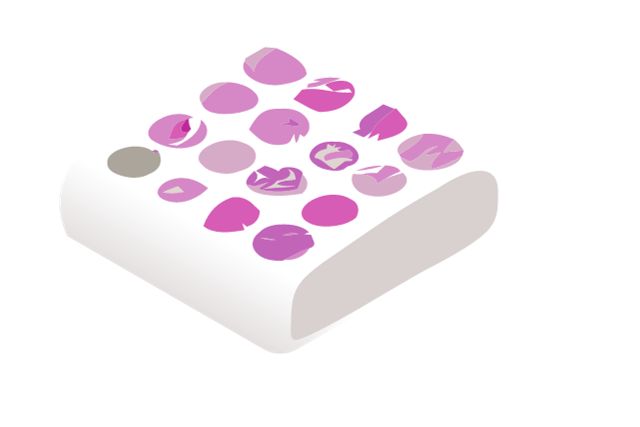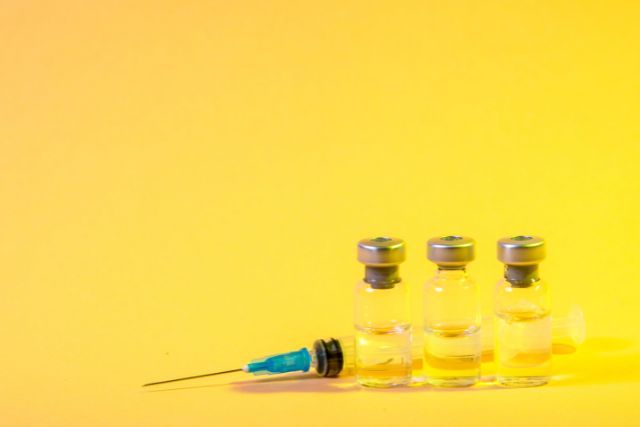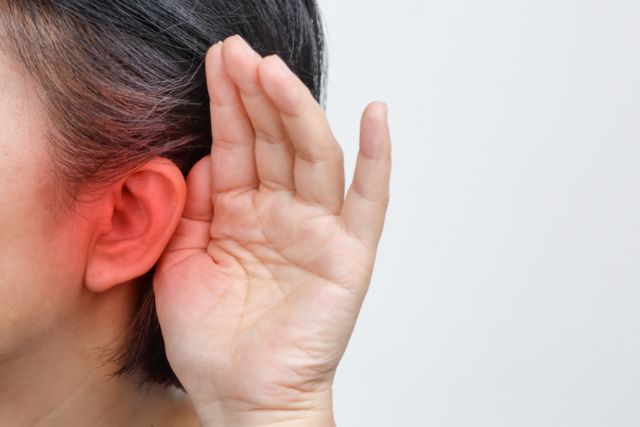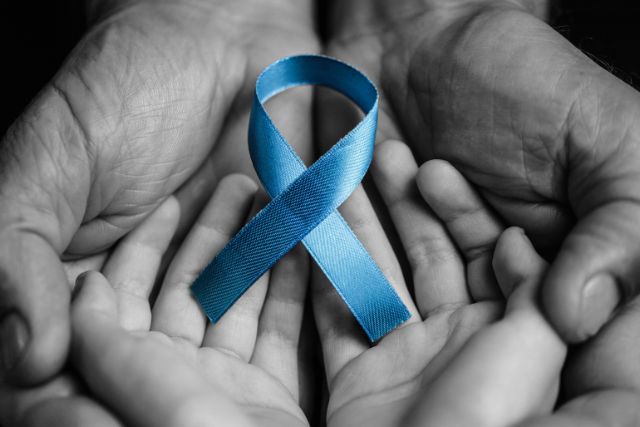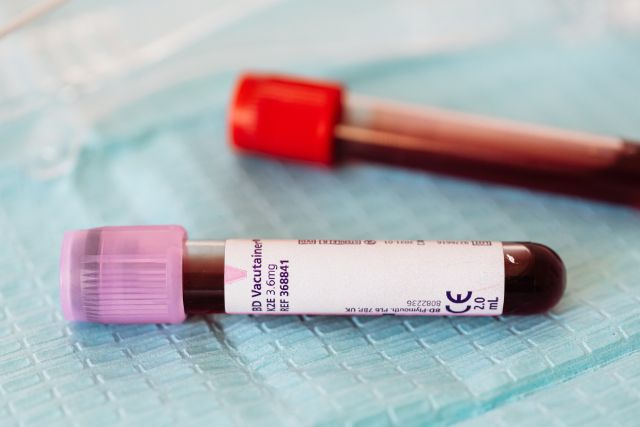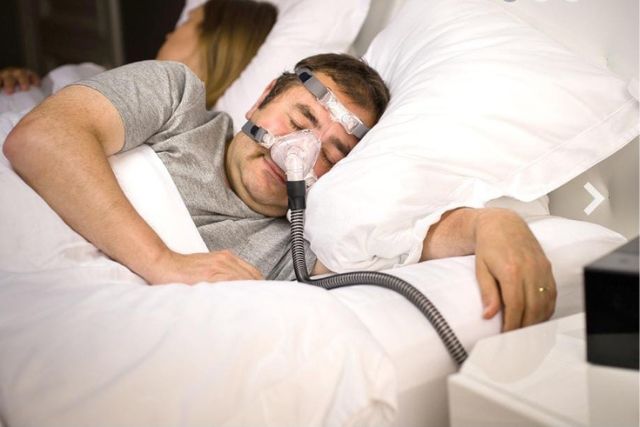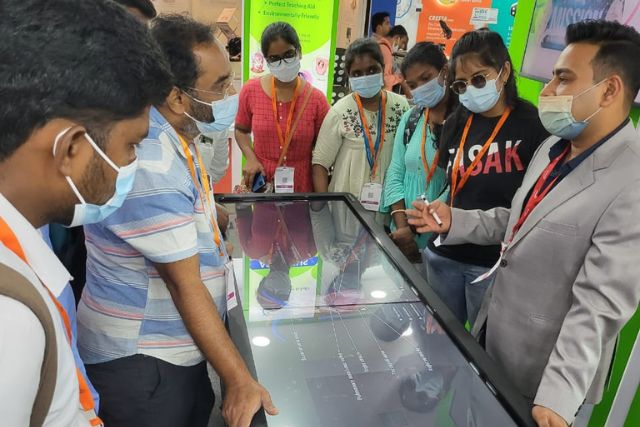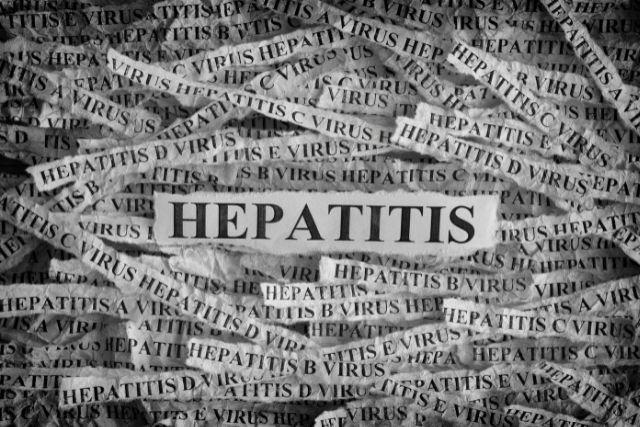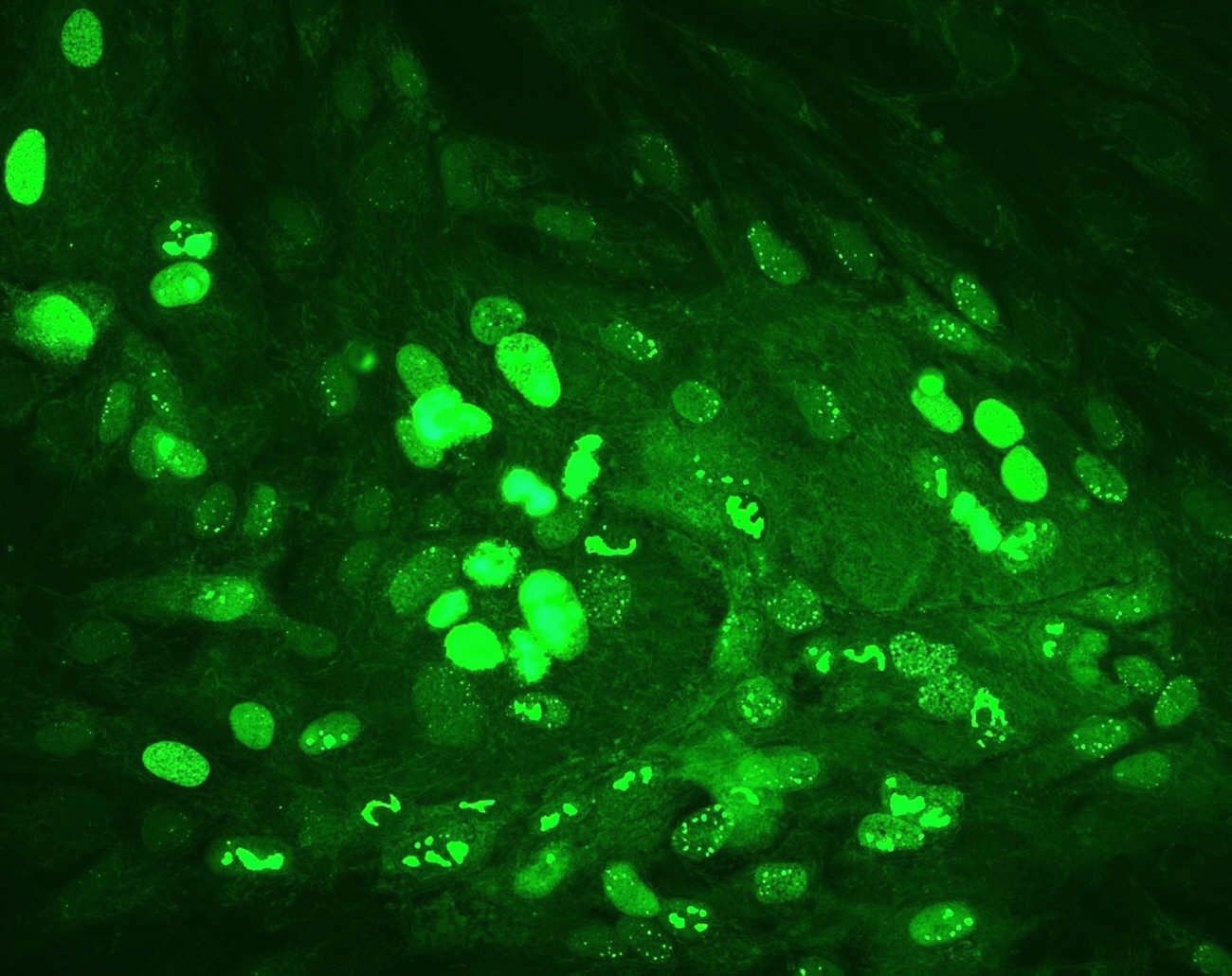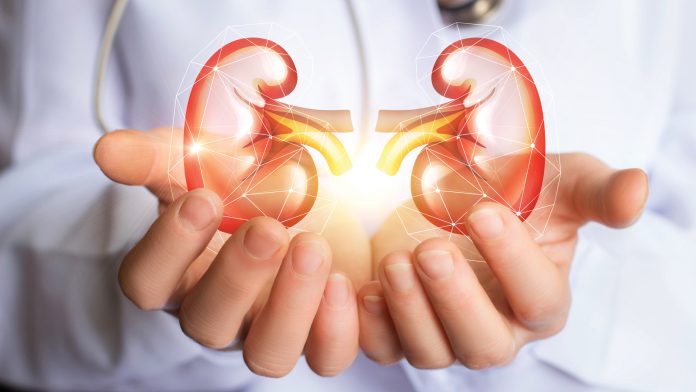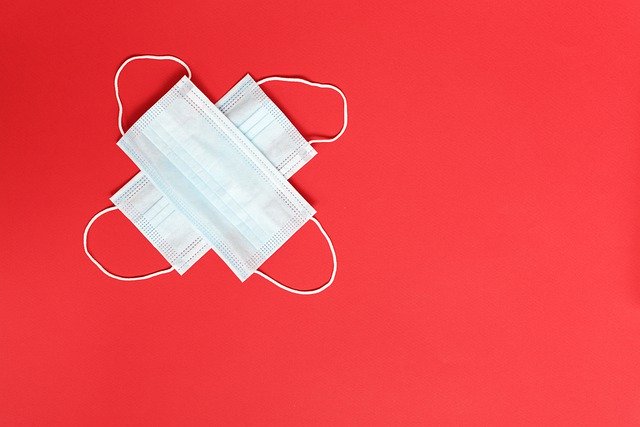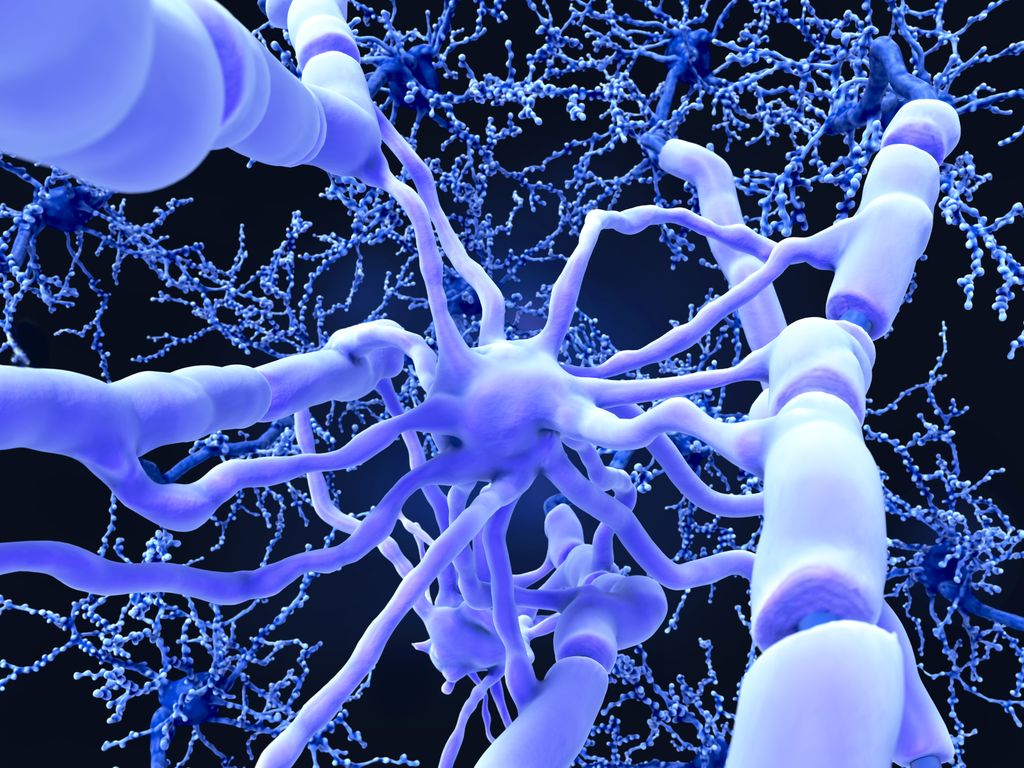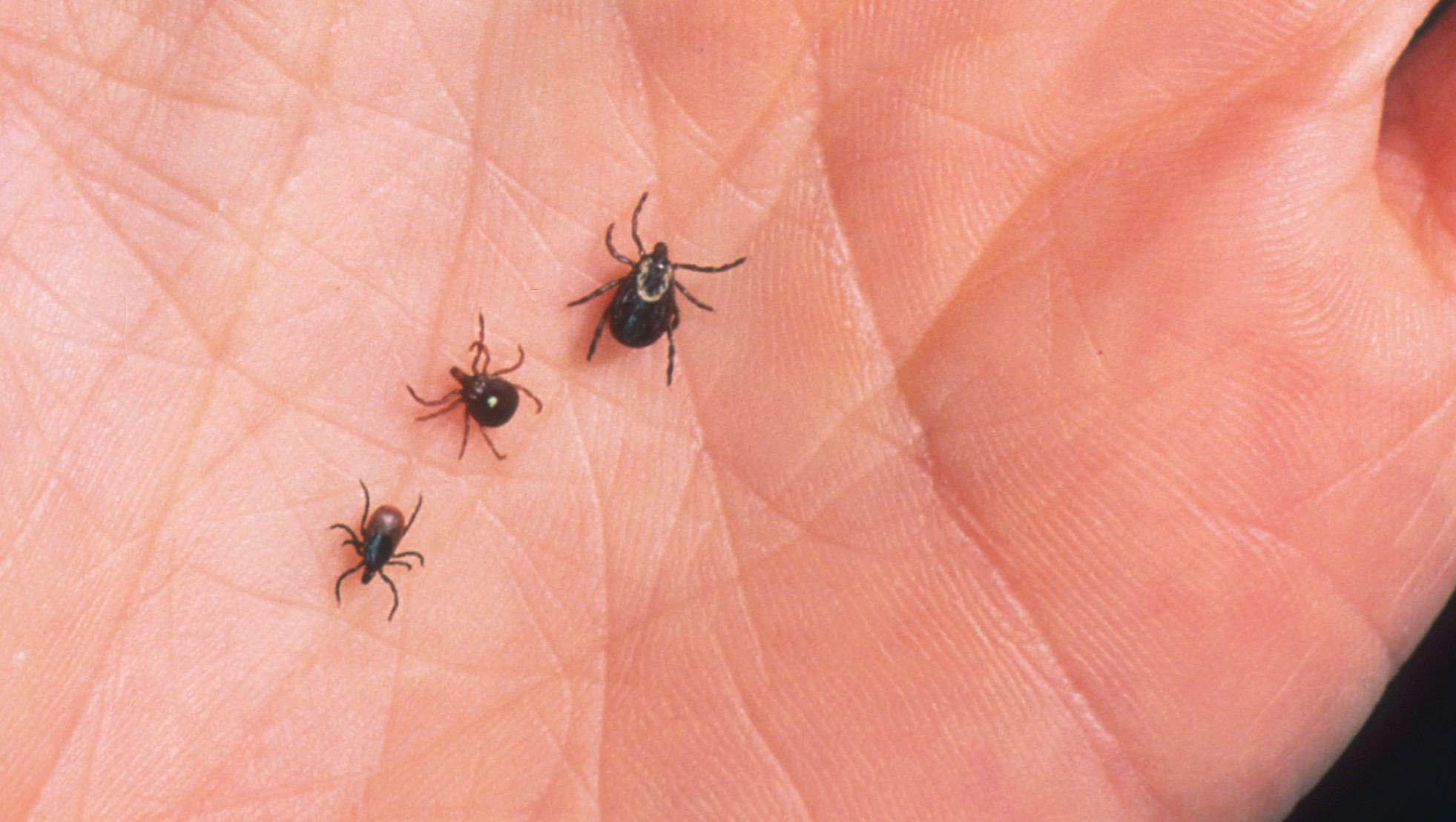With the monsoon season setting in the threat of viral, bacterial and vector-borne infections are high. A Lancet report published recently states that dengue and Covid-19 are difficult to distinguish because of their “shared clinical and laboratory features”. Many hospitals have recently encountered a handful of curious cases where Covid-19 patients have walked in with dengue-positive reports. With the monsoon already on, the Covid-dengue combination — could prove a tough challenge for doctors. Dengue fever is usually caused by the dengue virus, transmitted by the bite of the Aedes mosquitos. However, dengue and coronavirus lead to the common initial symptom of high body temperature. It is therefore crucial to understand the symptoms of the two so that one does not mix up the two infections and can get medical help for the disease one is afflicted with.
Common symptoms between Covid-19 and dengue

Dr. Prakash Doraiswamy, Sr. Consultant – Critical Care & Anaesthesiology, Aster CMI Hospital
A few symptoms of Covid-19 infection and dengue fever overlap with each other. The most common symptom is fever, which is an initial symptom of both diseases. The other overlapping symptoms of the diseases are headaches, muscle and joint pains, and tiredness. Even people with pneumonia – a classic Covid sign —have been admitted for dengue as they showed symptoms of the latter. Moreover, dengue is a seasonal, viral infection, and most people affected by it are asymptomatic and Covid-19 too can be asymptomatic. Both diseases can be life-threatening and require medical attention for treatments.
How can you differentiate between the two?
Even though both the diseases are similar in nature, however, one can still differentiate between the two diseases based on their other symptoms. For instance, certain symptoms like vomiting, swollen glands and rashes are exclusive to Dengue and rare in corona virus. In case of severe Dengue in the patient some of the symptoms include severe abdominal pain, persistent vomiting, rapid breathing, bleeding gums, fatigue, restlessness, and blood in vomit.
However, in the case of Corona virus, instead of vomit, people infected with the disease experience diarrhoea. Initially, fever, cough and shortness of breath were the only reported symptoms of COVID-19, but later over a period of time, other symptoms were also seen with those infected with Covid-19 –that included loss of taste and smell, rashes on the skin, lesions on toes, among others. It is quite possible that many infected with the novel coronavirus may not develop symptoms for a very long time.
As both the diseases can be life-threatening and require medical attention for treatments. Therefore, in uncertain times such as now, if fever persists, and you experience any of the symptoms of either disease, consulting a doctor is strongly recommended. And if clinics and hospitals are not accessible right now due to the pandemic, potential patients can also make use of tele-consultation.
Dengue and monsoon season
Due to several issues such as waterlogging, unclean environments, unplanned urban settlements and rapid urbanization in the recent years, there has been an increase mosquito breeding, especially in urban and semi-urban areas. These are also some of the major cause of increase in dengue cases during the monsoon season. Even though we have been taking several precautionary measures such as fogging, disinfectant (DDT) sprays, mosquito repellents, avoiding water stagnation and other measures to prevent mosquito breeding, however, It has become difficult to completely eradicate the disease as the surrounding environment is full of breeding grounds for mosquitoes. Therefore, early diagnosis and timely treatment is the key to keep dengue at bay during the times of Corona.
In order to restrict the spread of this deadly virus, individuals and families can make use of following measures to prevent themselves from contracting dengue at home –
- Use mosquito nets while sleeping. This is the easiest, most effective and a natural way to avoid getting bitten by mosquitoes.
- Close doors and windows before sunset as mosquitoes are usually more active during and post-sunset.
- Cover your body and wear clothes that keep you fully covered.
- Keeping environment clean is an important way to prevent all vector-borne diseases as this restricts the growth of mosquitoes. Clean and mop your house every day and get rid of excess and stagnant water as these are breeding ground for mosquitoes.
- Eat foods to cope with infections before the immune system is damaged further.
- Use multiple measures- Try to use insect spray containing pyrethroids during evenings and nights especially around the sleeping areas; apply insect repellent lotions and creams to all the exposed area of your body.
- If you’re under home isolation, ensure that you are maintaining social distance and are self-quarantined.
- The use of mask and overall sanitization is important.
Why coping with the Dengue-Covid-19 a double whammy?
As dengue season sets in across large parts of India with the onset of the monsoon, the overlapping symptoms of COVID-19 and the mosquito-borne disease dengue are a major cause for worry and the country’s healthcare infrastructure may not be able to cope with this double whammy.
The impact of a ‘dengue-COVID-19’ season would require two different diagnostic tests and extract a huge toll on patients too, each disease making the other more complicated to deal with and perhaps more fatal. Based on 2016-2019 data, India gets about 100,000 to 200,000 confirmed cases of dengue each year. Therefore, the dengue season may aggravate the COVID-19 situation as both viruses may supplement each other. As most of the symptoms are overlapping, simultaneous infection will be much more fatal. Weakened immune systems will help the other to turn more fatal.
With heavy loads in hospital wards due to dengue outbreak, question on everyone’s mind is what would happen when two menaces are to be handled together and that too with overlapping symptoms? Are we equipped to distinguish if a person has dengue or COVID 19? The challenges are many. Almost each patient with a three-day fever would need to undergo a test for dengue and another for the SARS-CoV-2 virus which causes COVID-19. Also, considering the current numbers of COVID-19 patients, will hospitals have enough beds for dengue patients?
While both viruses infect via different pathways and different cell types, there would overlaps in physiological effects and immunological responses. This will most likely make each disease worse than either infection alone which would also have an impact on the overall healthcare capacity. Since initial clinical presentation is similar — high fever — one would be ignored at the expense of the other. There is also no vaccine available clinically for either and no specific antiviral to treat them. All these factors make the occurrence of dengue during Covid-19 very fatal and therefore all precautions have to be taken.







